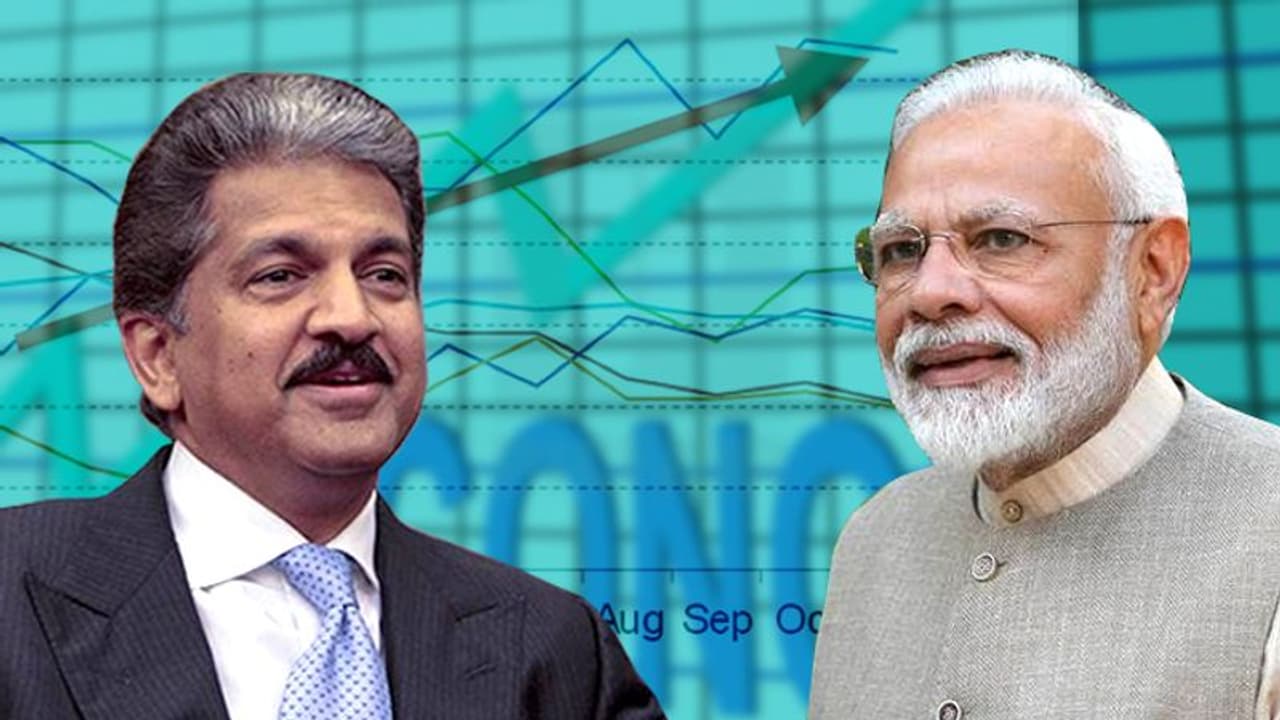Anand Mahindra, chairman of Mahindra & Mahindra Ltd remains extremely sanguine and has thrown his weight behind Prime Minister Narendra Modi in the wake of economy slowdown.
Bengaluru: At a time when many industrialists are heartbroken about the Indian economy, Anand Mahindra, chairman of Mahindra & Mahindra Ltd remains extremely sanguine and has thrown his weight behind Prime Minister Narendra Modi.
Terming the entire economy as a process going through “detoxification” he added, “The prime minister has been quite obsessed about the kind of growth he wants: transparent, free of corruption and any rent-seeking,” Mahindra told Bloomberg TV on the sidelines of the annual meeting of the World Economic Forum in Davos, Switzerland.
Mahindra likened the India story to a movie, and said that he remains confident that the recent slew of measures taken by the Narendra Modi government will lead to a “happy ending”.
He said, “The film is being produced. And I think it’s going to be a blockbuster.”
On the Indian auto industry, he said, “From the next fiscal year, I think India is going to surprise on the upside.”
On the issue of GST, he said, “GST, which all of us pushed for and we are very pleased it’s here, is making it impossible for people to work in a non-transparent manner, but it’s caused disruption, because people who were used to trading in cash and off the radar, now have to be on the radar. So there’s an enormous adjustment process underway.”
He gave his support to the government for the measures taken to improve economy.
“The government has realised that in order to get the engine moving, they need to be far more propulsive if you will, and forget about the obsession with deficits for the moment. And they are taking the right steps now.”
Lastly, on the issue of CAA, Mahindra had to say this:
“The amendment by itself completely inoffensive. If you look at it and as the government has been saying — you cannot argue with them on this — that the CAA amendment is about letting the minorities from some surrounding countries in as refuges. That has been a long-standing demand. Even in India people are confused about to make of this because the protest in the state of Assam had nothing to do with the protest elsewhere in the country. The Assamese were, in fact, against any kind of acceptance of new citizens because they were facing the influx of migrants for a long time. I think it has caused an insecurity which frankly — even though I am going to sound like an apologist for the government – is a little overdone.”
